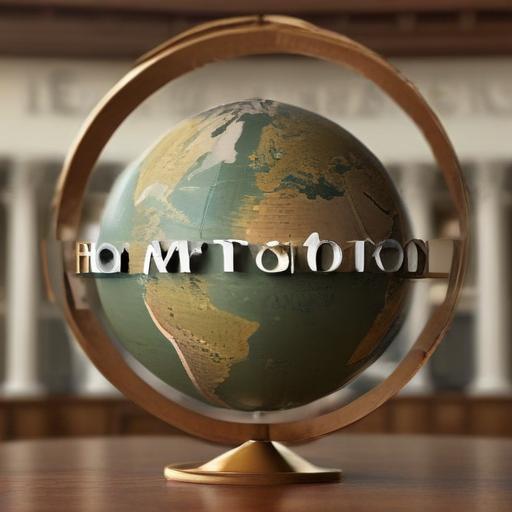In a recent fiery hearing before the House Oversight and Government Reform Committee, three Democratic governors defended their states’ immigration policies amidst accusations from Republicans of undermining federal immigration enforcement. New York’s Governor Kathy Hochul, Illinois’ Governor J.B. Pritzker, and Minnesota’s Governor Tim Walz faced off against GOP lawmakers who criticized so-called “sanctuary policies” designed to protect undocumented immigrants.
House Oversight Chair James Comer opened the session with a condemnation of these sanctuary policies, claiming they harbor “criminal illegal aliens” rather than protecting American citizens. The governors’ defense comes at a time of heightened tensions over immigration, particularly due to President Trump’s controversial deployment of National Guard troops to manage protests over deportations which have erupted across various cities, including Los Angeles, New York, and Chicago.
While the governors faced biting questions, they maintained that their policies do not obstruct federal law but rather address the influx of migrants exacerbated by what Hochul termed a “broken border.” Hochul pointed to New York City’s management of over 220,000 new migrants since early 2022, stressing the need for secure borders and comprehensive immigration reform at the federal level, while emphasizing that New York law mandates cooperation with ICE in criminal matters.
Additionally, Pritzker echoed the need for federal cooperation, criticizing the federal government’s role in creating chaos and calling out the deployment of military personnel in American cities as inflammatory. He insisted on adhering to the law while urging federal accountability in immigration matters.
Walz, countering the hearing’s premise, noted that Minnesota is not a sanctuary state and asserted that enforcing immigration laws is the federal government’s responsibility, not that of state or local authorities. He stressed that state-level actions should not impede federal operations.
This hearing follows a similar March session that focused on the implications of sanctuary cities, indicating a continued congressional interest in addressing the interplay between state policies and immigration enforcement under the Trump administration. The spotlight on these debates reflects growing national concern surrounding immigration policies and their impact on public safety.
As the political narrative unfolds, there is an opportunity for dialogue and reform around immigration laws that could create a more balanced approach, aligning local needs with federal mandates. Turning contentious moments into discussions for collaborative policy change may help resolve the ongoing challenges surrounding immigration enforcement and community management.
